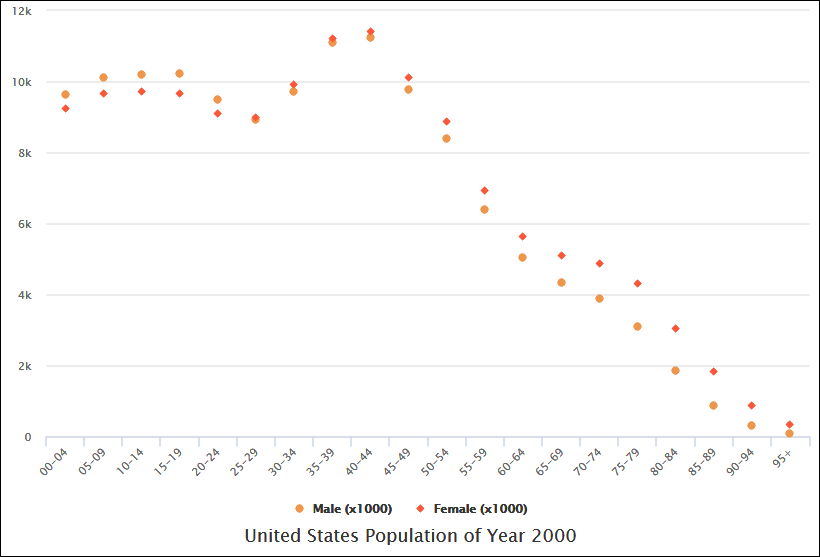
What is a Scatter Chart ?
A Scatter Chart (or Scatter Plot) is a type of chart that displays individual data points on a 2D grid, based on two variables — X and Y.
A scatter chart, also known as a scatter plot or scatter diagram, is a type of chart that displays values for typically two variables as a set of points on a two-dimensional coordinate system. The position of each point on the chart represents the values of the two variables for a single data point. Scatter charts are used to visualize relationships between variables and identify patterns, trends, or correlations.
Key Features:
- Each point shows a relationship between two values
- ood for finding correlations, trends, or clusters
- No bars or lines — just dots
Variables:
Scatter charts are used to analyze the relationship between two continuous numerical variables.
Axes:
One variable is plotted on the horizontal (x) axis, and the other is plotted on the vertical (y) axis.
Data Points:
Each data point on the chart represents a pair of values for the two variables.
Uses:
Scatter charts are widely used in various fields, including science, engineering, and business, to:
- Explore relationships between variables.
- Identify potential cause-and-effect relationships.
- Analyze trends and patterns in data.
- Detect outliers and anomalies.
- Test hypotheses about relationships between variables.
- Visualize large datasets.
Patterns and Relationships:
By examining the distribution of points, you can identify:
- Positive Correlation: When one variable increases, the other tends to increase as well.
- Negative Correlation: When one variable increases, the other tends to decrease.
- No Correlation: The points are scattered randomly, with no discernible pattern.
- Clusters: Groups of points that are close together, suggesting a subgroup within the data.
- Outliers: Points that are far away from the main cluster of data, potentially indicating unusual or erroneous data.
Scatter Chart Example
<canvas id="myScatterChart" width="400" height="300"></canvas>
<script src="https://cdn.jsdelivr.net/npm/chart.js"></script>
<script>
const ctx = document.getElementById('myScatterChart').getContext('2d');
const myScatterChart = new Chart(ctx, {
type: 'scatter',
data: {
datasets: [{
label: 'Student Performance',
data: [
{ x: 2, y: 40 },
{ x: 3, y: 50 },
{ x: 4, y: 60 },
{ x: 5, y: 75 },
{ x: 6, y: 85 }
],
backgroundColor: 'rgba(75, 192, 192, 0.6)'
}]
},
options: {
responsive: true,
scales: {
x: {
title: { display: true, text: 'Hours Studied' },
beginAtZero: true
},
y: {
title: { display: true, text: 'Test Score' },
beginAtZero: true
}
}
}
});
</script>


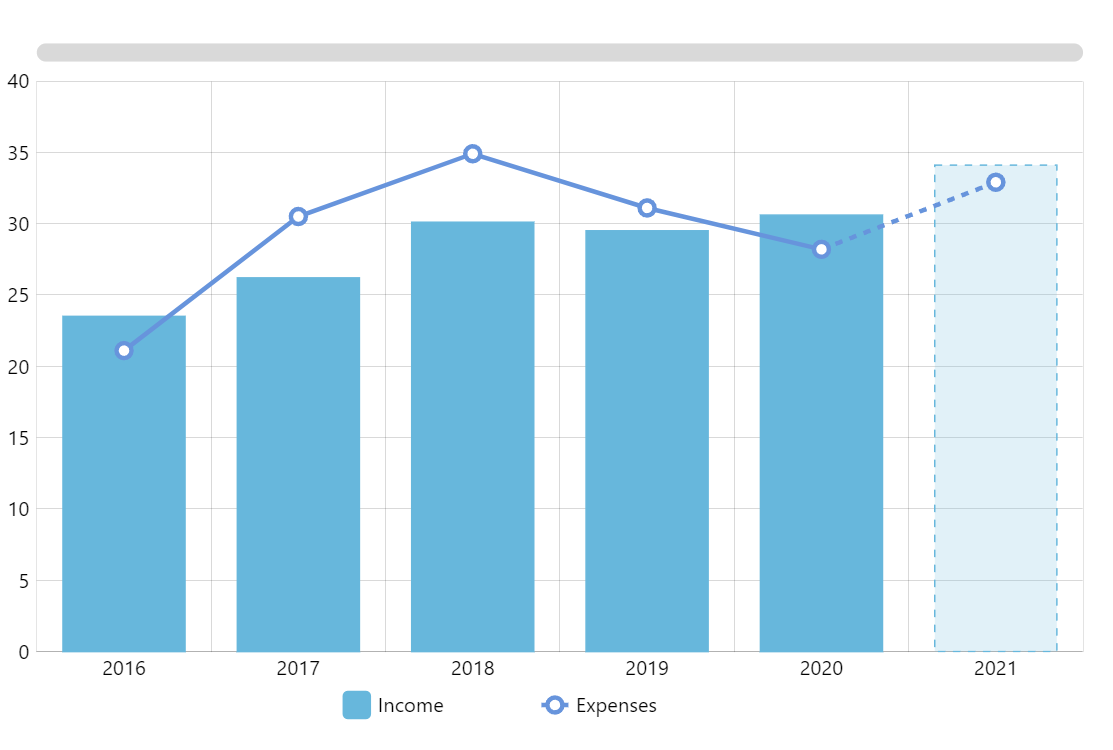
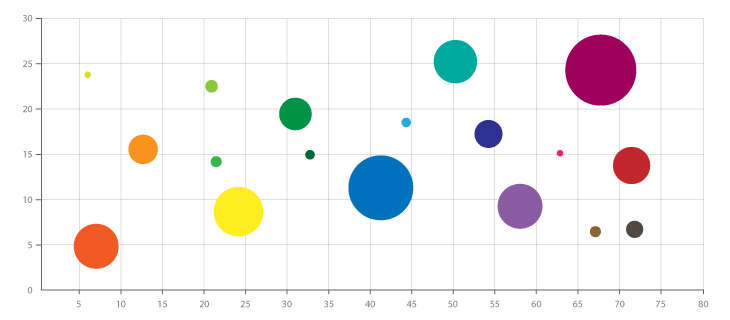
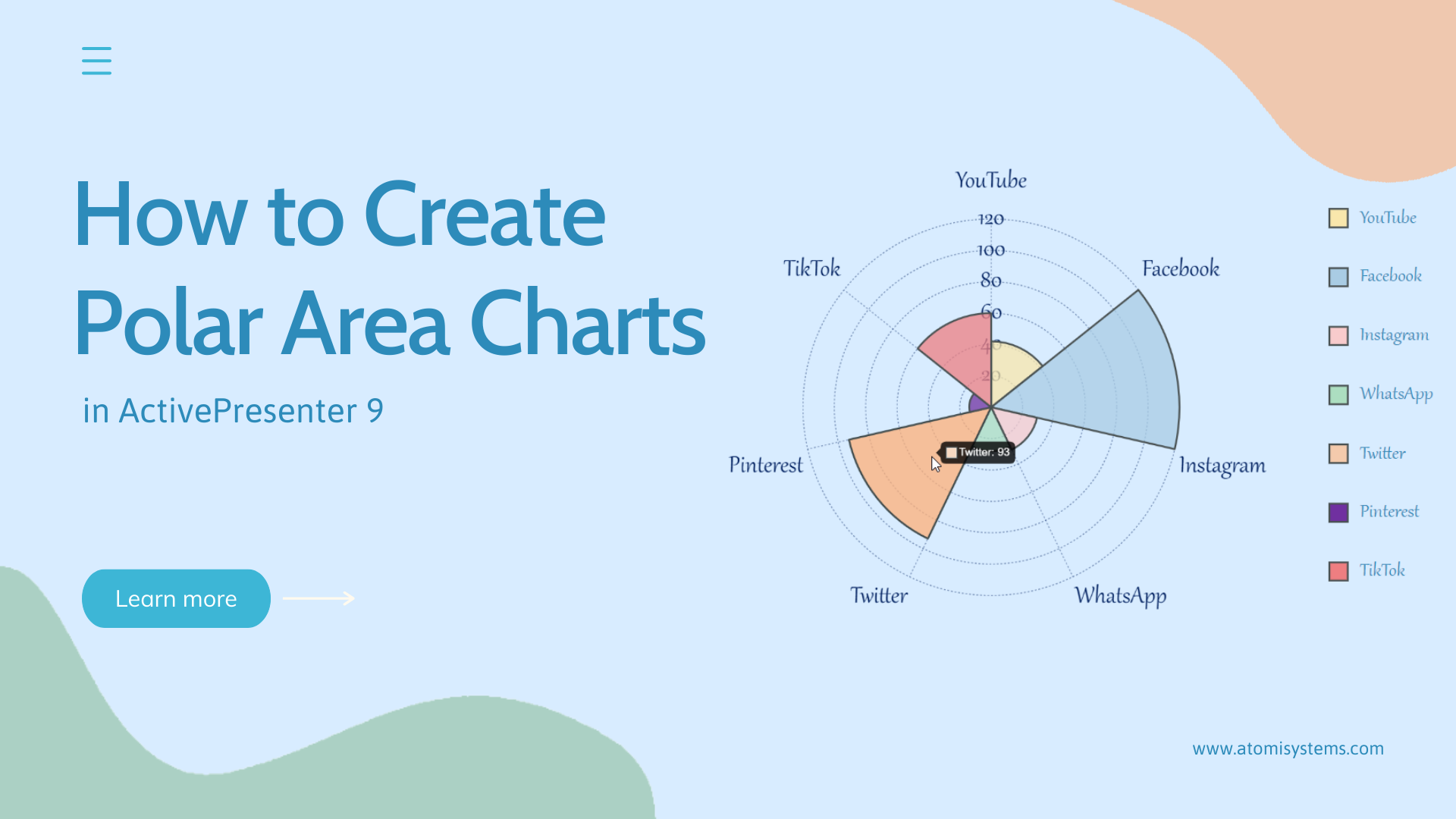
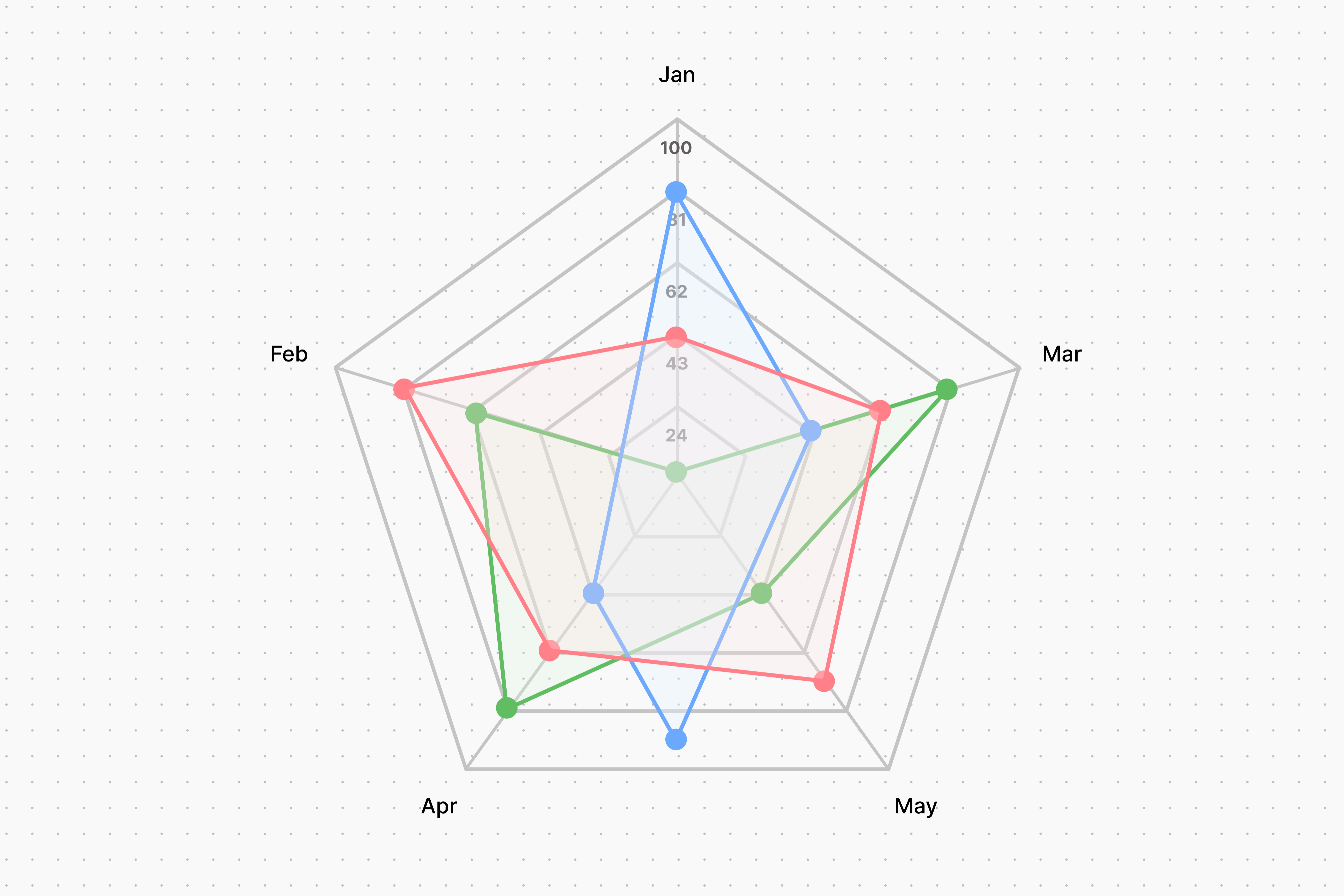
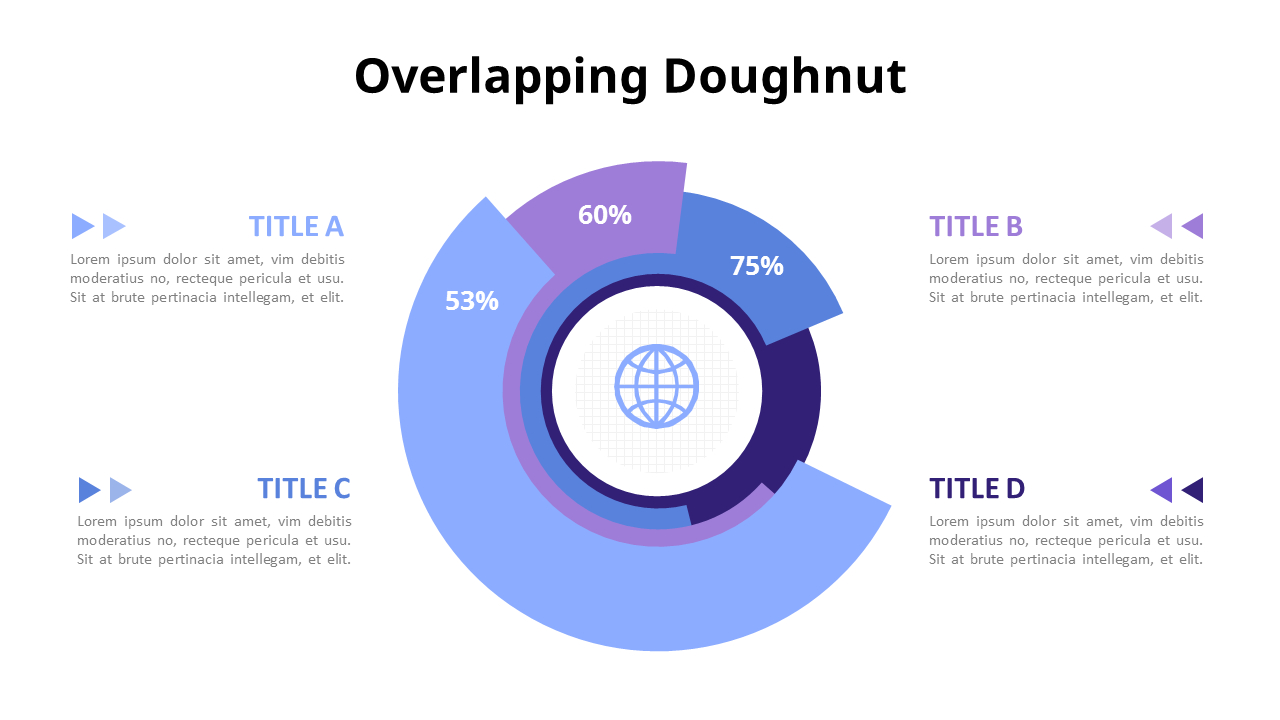
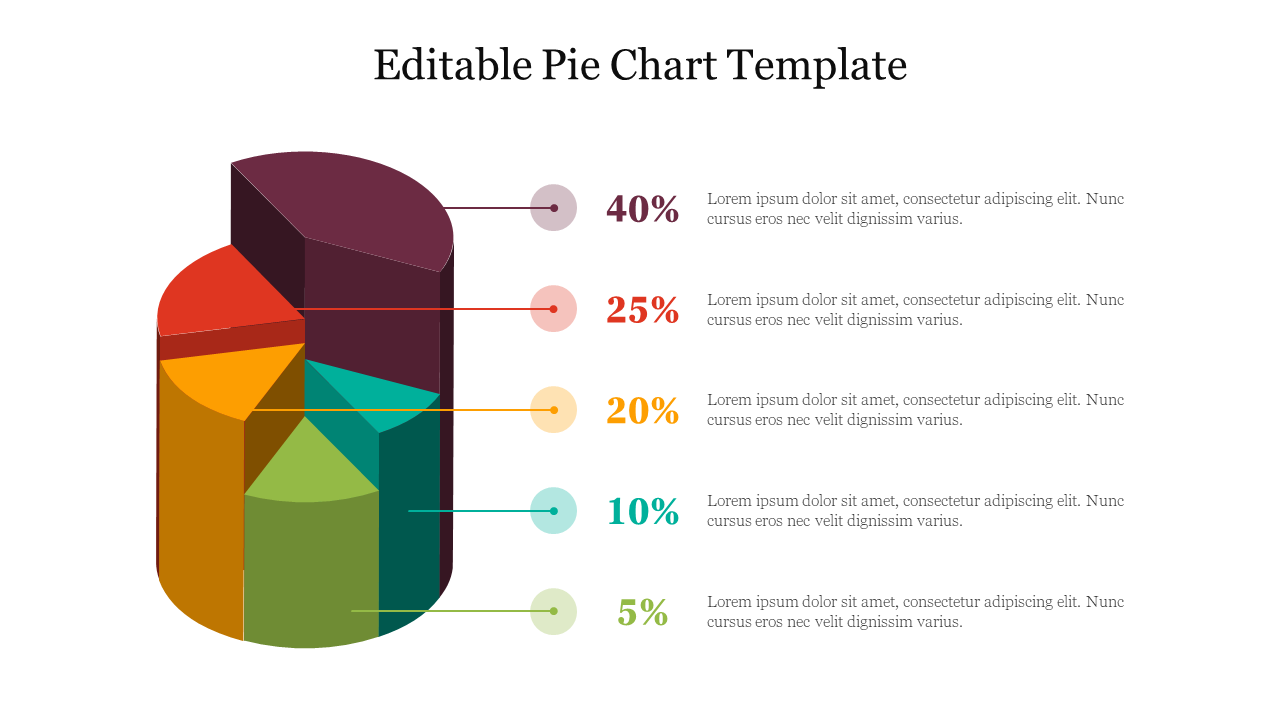

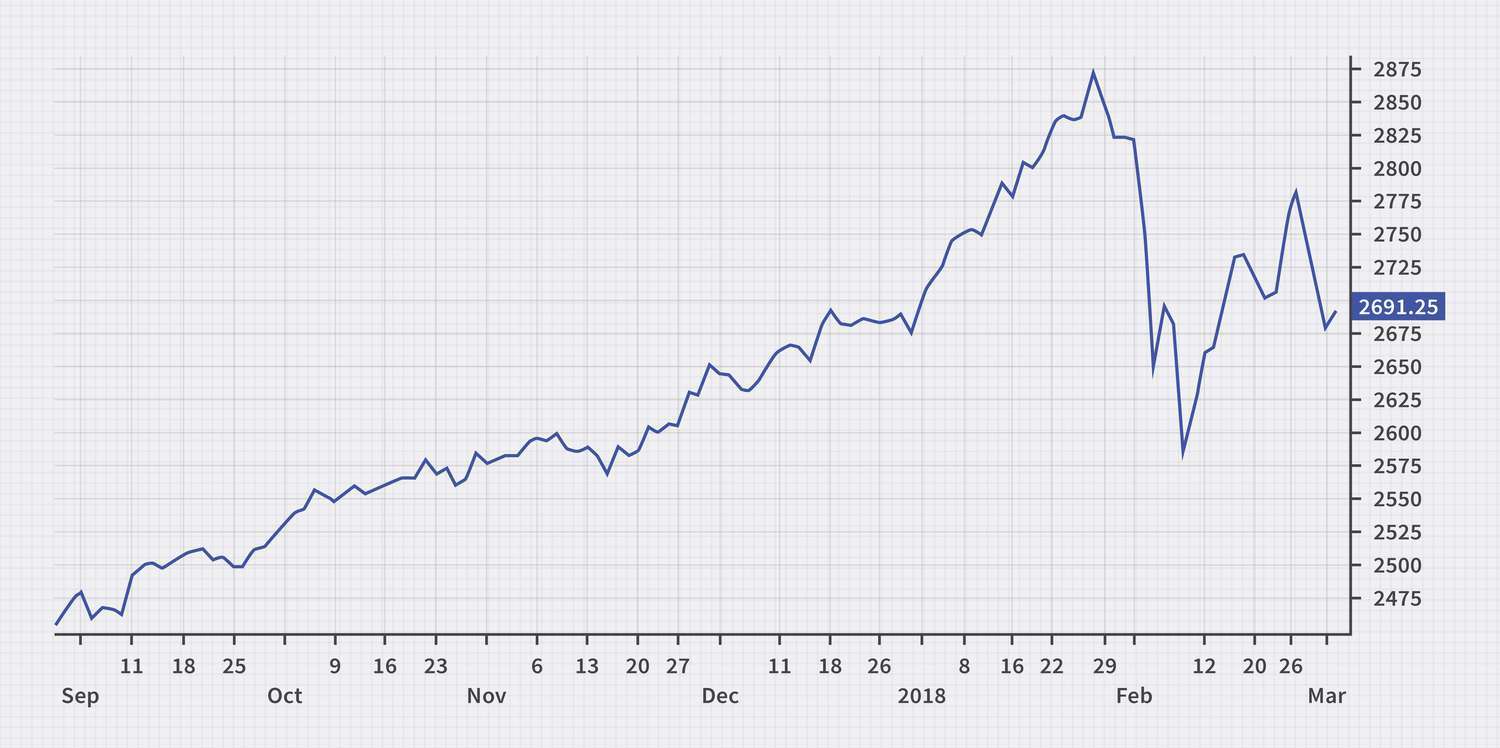
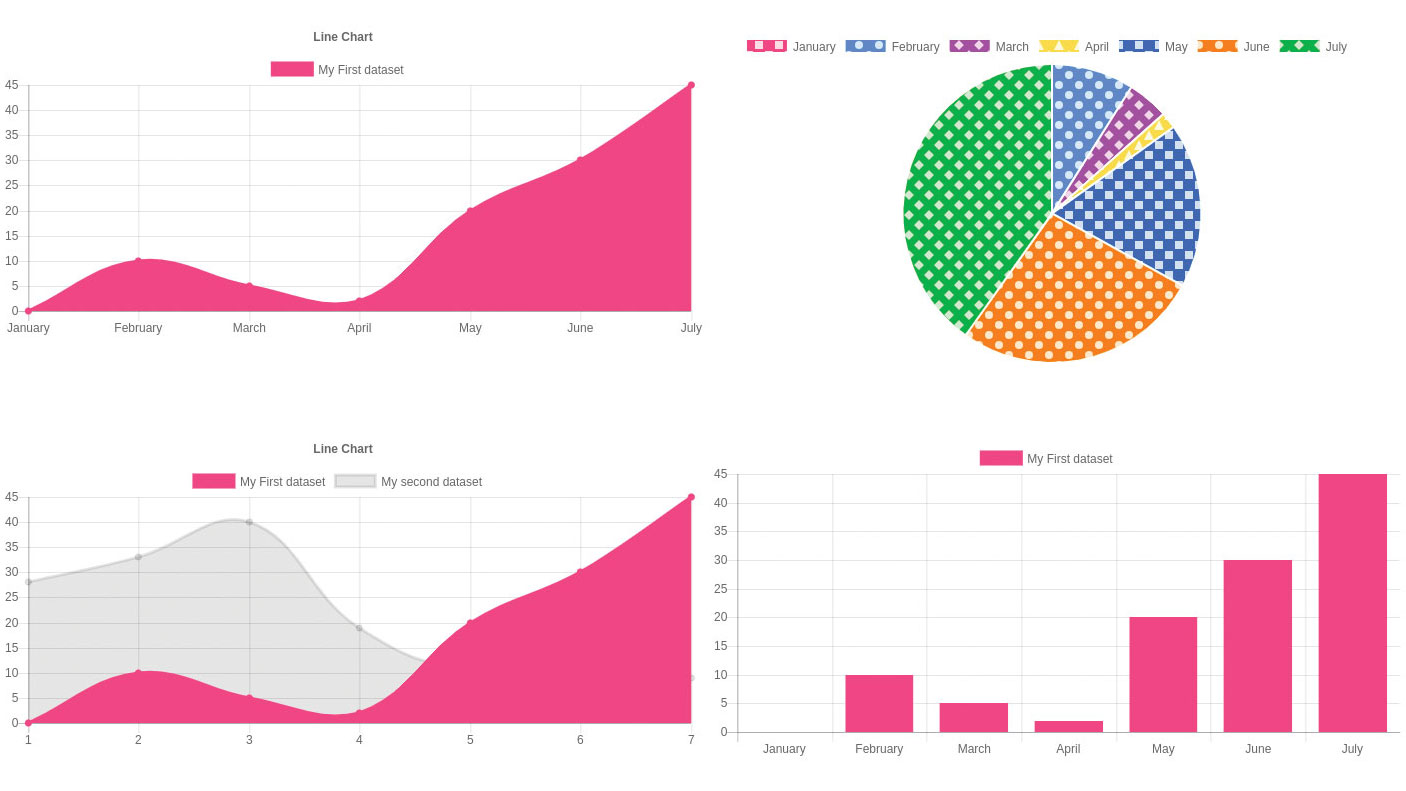










Comments
Add new comment